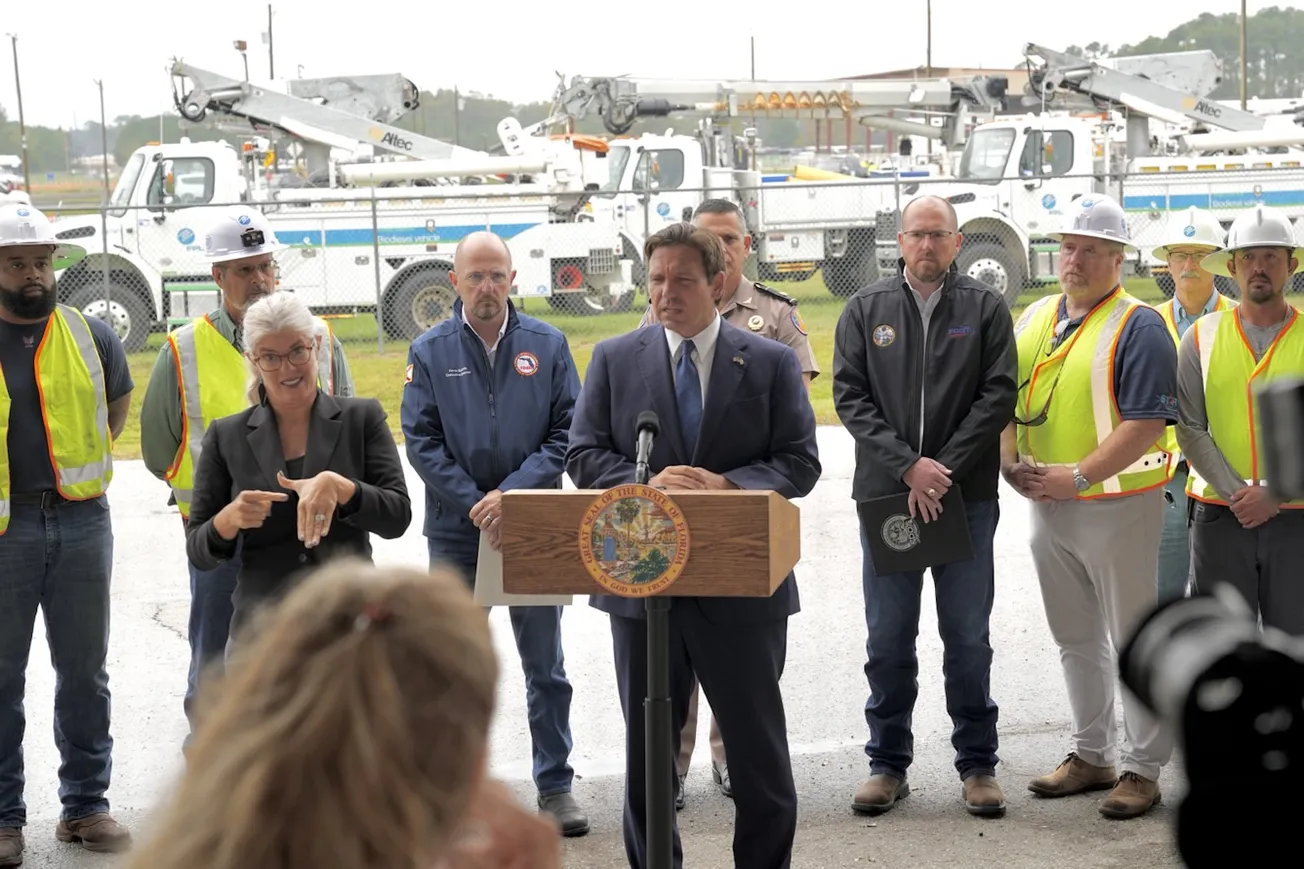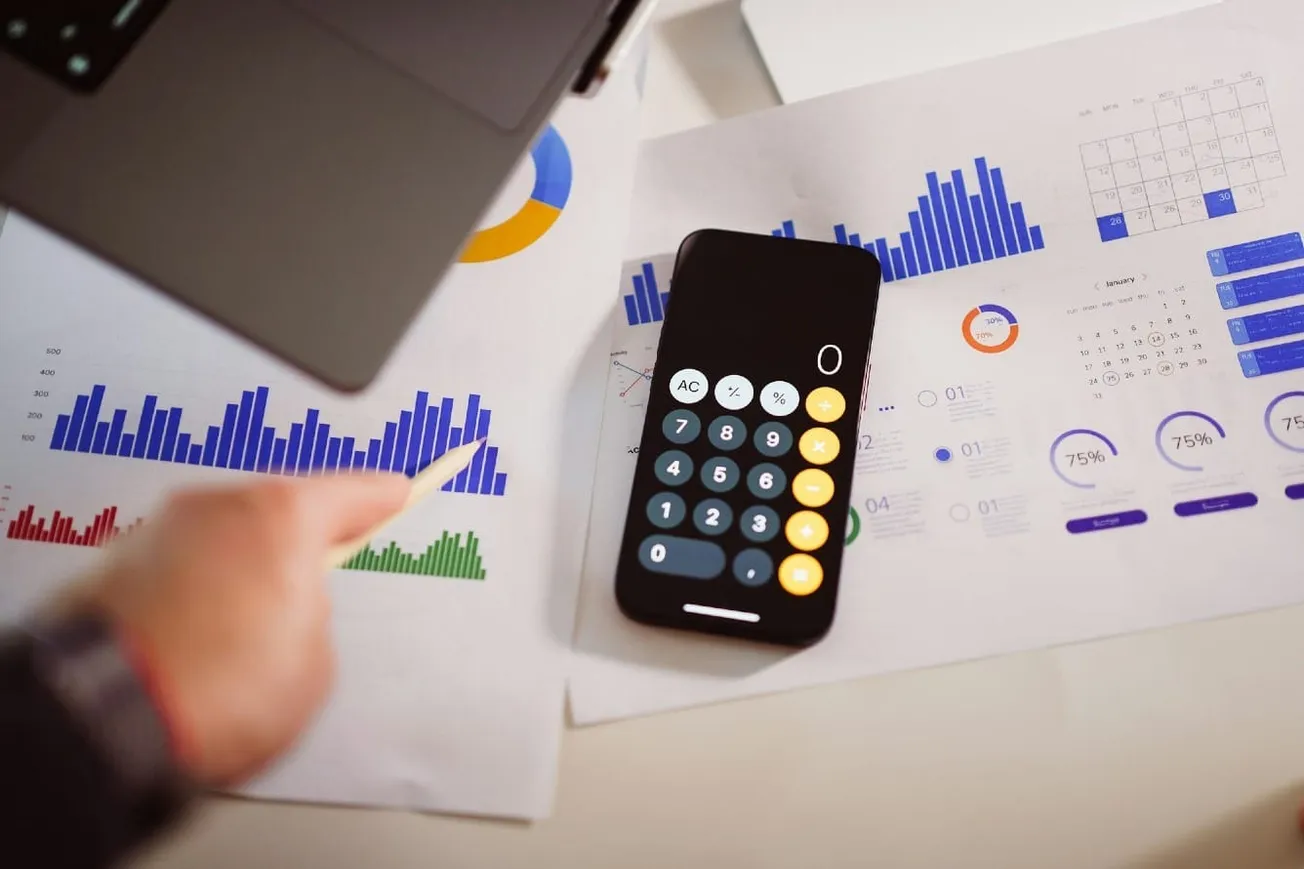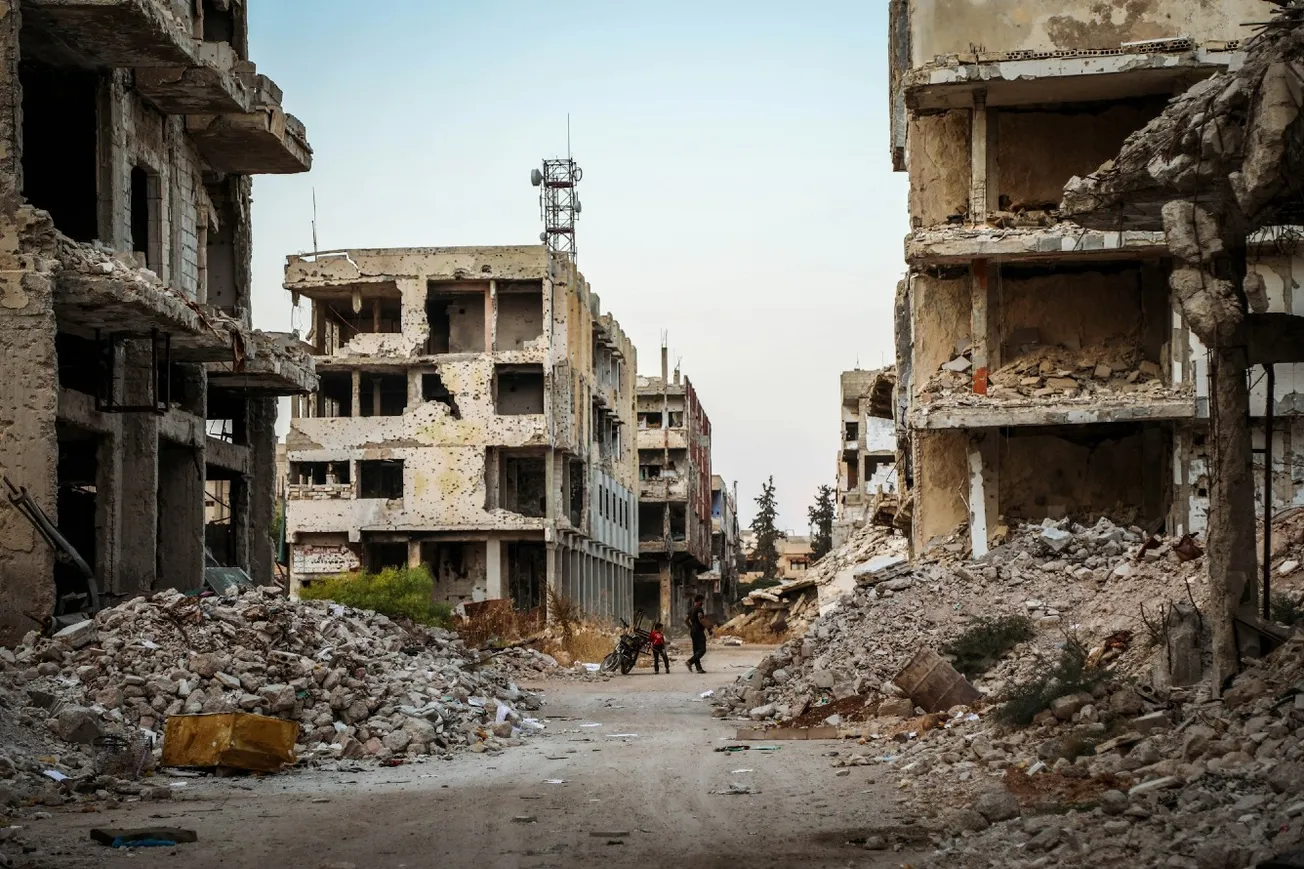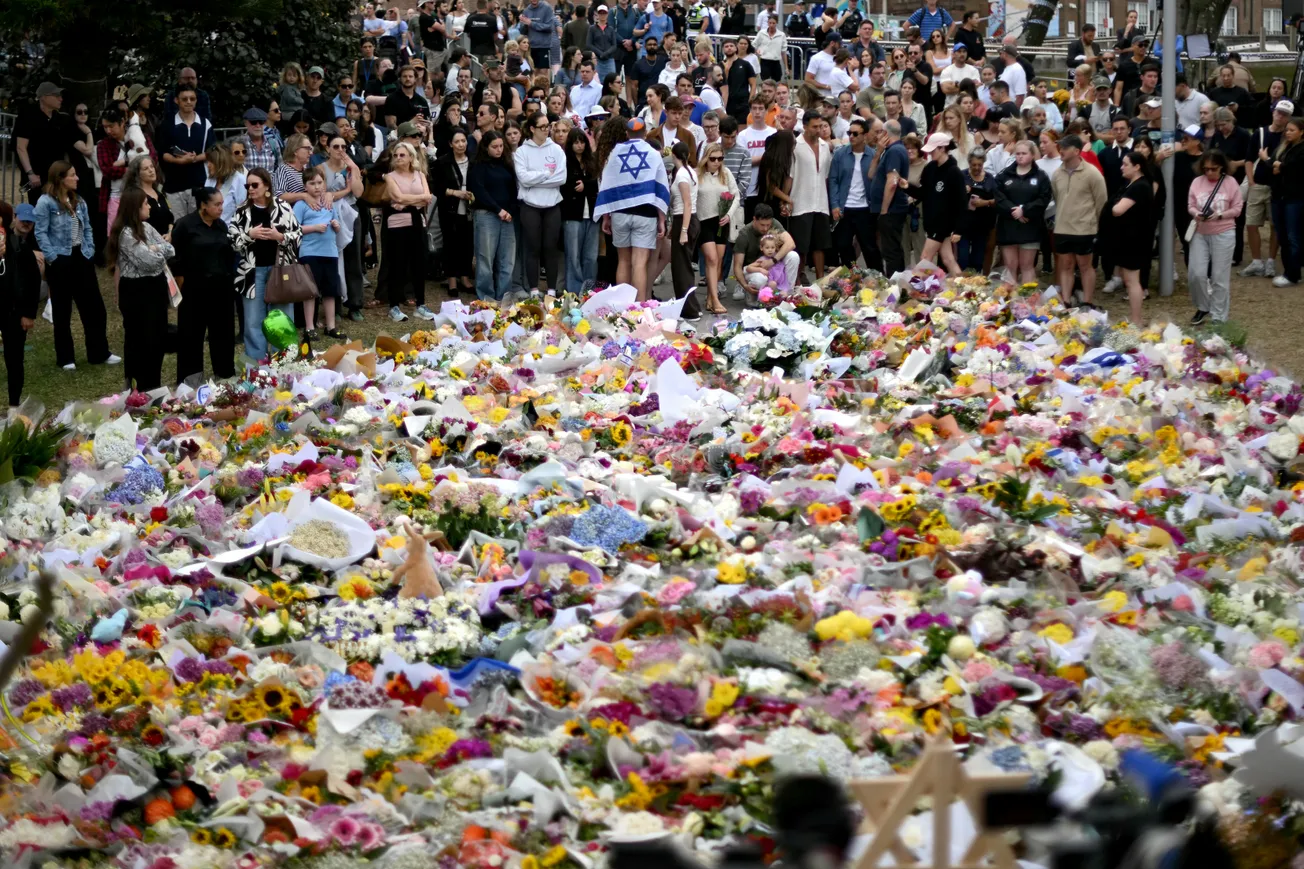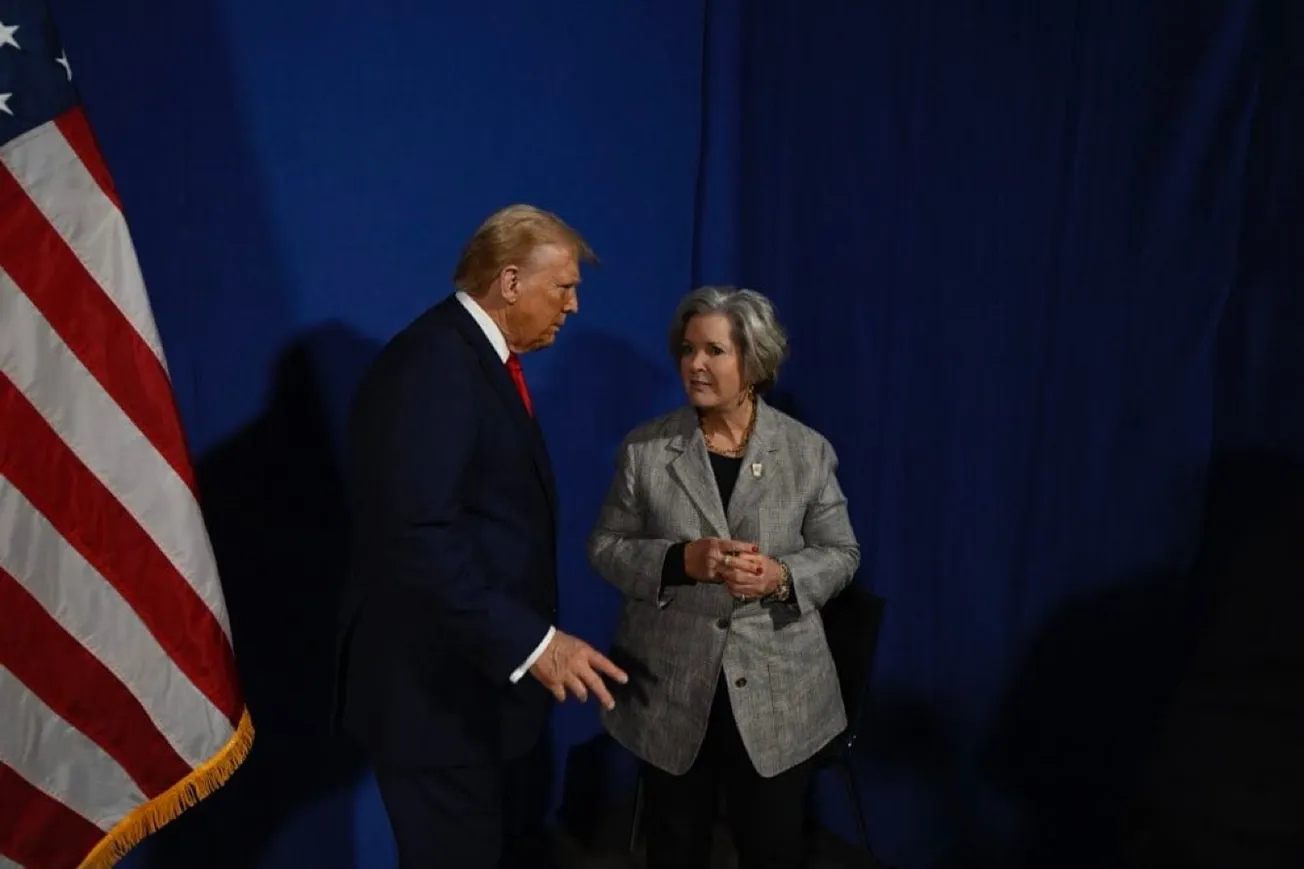As Hurricane Milton barrelled east to hit the west coast of Florida, Gov. Ron DeSantis addressed the people of his state from a Florida Power and Light facility, with linemen in the background. As this article goes live/hits the web, the storm's center would have made landfall near Sarasota, pounding a densely populated stretch of the state.
DeSantis's 15-minute address was a masterclass on what the government could and should do. Even the late Nobel Prize-winning economist Milton Friedman, a bitter critic of all governments, would have been impressed [though he would likely have been upset to know that the storm's name coincided with his].
DeSantis was a picture of quiet efficiency, a master conductor of a disparate orchestra with hundreds of thousands of players. He starkly contrasted with Vice President Kamala Harris, who tried to show leadership on a Zoom call with senior federal officials also preparing for Hurricane Milton.
On that call, Harris whispered to an aide behind her hands, covering her mouth: "It's a live broadcast," aware that the media was in attendance. Then, she read from prepared notes:
To the people of Florida, and in particular... the people of the uh Tampa region... um, we urge you to take this storm seriously.
Back in Lake City, DeSantis took control. He pointed out that during Hurricane Helene, which hit Florida just two weeks ago, his staff got to work so quickly that much of normal life was restored shortly after the storm's landfall. It was another stark contrast to North Carolina and Georgia, which are still reeling from the disastrous effects of Helene, with dozens of counties still without power, running water, roads, fuel, food, or internet.
Electric power: In addition to the direct harm caused by winds, rain, tornadoes, dangerous storm surges, and fallen trees, residents are most vulnerable to the loss of electric power. In rural areas that rely on wells or tanks to supply running water to the home, a lack of power means that bathrooms and the kitchen will stop working. Public facilities, including hospitals and shelters, also need power to operate. Food can spoil in grocery freezers.
DeSantis said he has now assembled over 50,000 linemen from around the country, all ready to go work on downed power lines as soon as the storm cleared and made it safe for trucks to deploy. It was the largest mobilization of linemen in the country.
Fuel: As residents evacuated earlier this week and hit the highways, many gas stations ran out of fuel. DeSantis assured his citizens that the state already held in reserve over a million gallons of gasoline and diesel, and using Florida State Police, gasoline trucks had farmed across the region to keep pumps full. Besides, fuel had already arrived at the various docks before the storm brewed in the Gulf, and that had also been sent away for safekeeping.
Landfills: A story about DeSantis ordering Florida Department of Transportation trucks to physically tear down the gates of a landfill whose operator had locked the place up went viral. With debris lying around from Hurricane Helene and impeding the movement of emergency vehicles in disaster zones, DeSantis's order paved the way for thousands of workers to clear up debris from the streets and dump it into the landfills.
"This is not even our responsibility—it is the responsibility of the local governments—but we've done a total of 270,000 cubic yards of debris throughout the state with just our Department of Transportation and other assets. We picked up half of the debris that was there, and that would not have been picked up unless we did it." It was another lesson in how to use the levers of power to benefit the state's residents.
Emergency shelters: DeSantis said the state had opened over 150 shelters with space for more than 200,000 persons. As of his press briefing, only about 30,000 residents had taken advantage of them, leaving a substantial amount of capacity unused. All the shelters have emergency power and Starlink so that people can stay connected.
Coordination with the Federal Government: The Governor said he continues to work directly with President Biden and the Director of FEMA.
The Harris campaign tried to make this a wedge issue yesterday when Harris walked up to reporters on the tarmac to criticize DeSantis: "During moments of crisis...should really be the moment that anyone who calls themselves a leader, presidential politics aside, puts the people first...playing political games at this moment...is utterly irresponsible and selfish."
There was just one problem. President Biden had already spoken with DeSantis and praised him for the work: "DeSantis has been cooperative" and "is doing a great job." When Biden was asked if DeSantis should take calls from Kamala, Biden said, "All I can tell you is I'm talking to Governor DeSantis. He's been very gracious. He's thanked me for all we've done. He knows what we're doing, and I think that's important."
The next few days will show the extent of Hurricane Milton's wrath on the Sunshine State. Like in any disaster, the metrics will be around the number of lives lost and the billions of dollars in property losses.
However, DeSantis's steady hand in Florida will clearly limit the loss of life, and knowing his track record, the state will bounce back relatively quickly. This is what citizens expect of their government.

